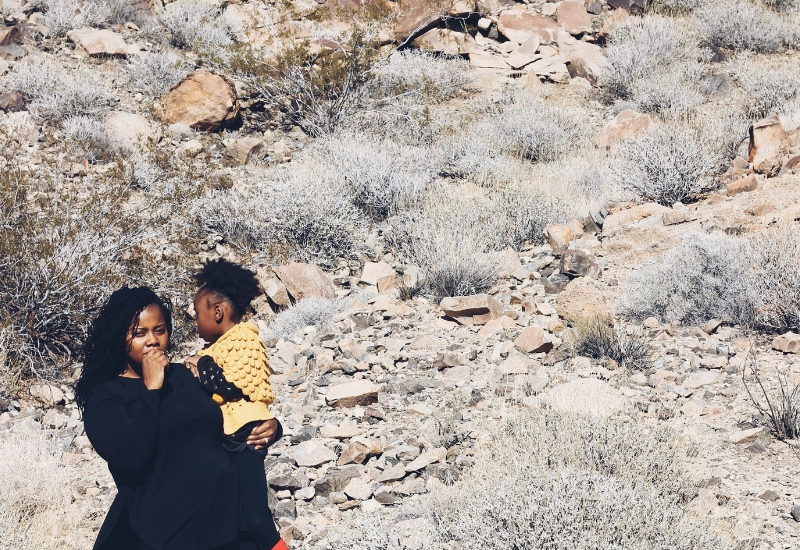What My Mother and I Don’t Talk About Illustrates Motherhood By: Rose Heredia

“What one person is willing to share with another is a test of intimacy,
a gift that’s given. Some people might see my mother’s confession as a burden she lifted off of her own shoulders to put onto mine. I don’t.
I see them as moments of shared humanity.”

Julianna Baggott writes in her essay, “Nothing Left Unsaid,” part of the collection, What My Mother And I Don’t Talk About: Fifteen Writers Break the Silence, recently published on April 30, 2019. This particular essay talks about family secrets, how they’re shared and how that affects this author’s family. I, like, the author, see this collection as “shared humanity” because it shows the different faces of motherhood. We see how life circumstances affected them and in turn their offspring. Authors discussed their relationships with their moms dead and alive. Michele Filgate, the editor of this essay collection, said while on a Bay Area Book Festival panel, “Our relationships with our moms are constantly shifting and evolving.”
This can be said about the ways mothers are viewed in society. It’s not that these authors are ungrateful to their mothers, like Nayomi Munaweera, says in her essay, “Her Body/My Body” when she when discussing her parents. Her piece discusses the complex relationships she had with her mother and realizes her upbringing wasn’t the best environment while recognizing that both her parents provided her with everything they had.
In “Mother Tongue,” Carmen Maria Machado discusses how fragmented and damaged her relationship with her mother is as they are estranged. The last essay, by Leslie Jamison, “I Met Fear on the Hill,” is a gift of what a positive and healthy relationship looks like and discovering her mother’s life before becoming a mom.

The heartbreaking essays that focus on the complicity of witnessing violence are way too common and expertly written in this collection.
These essays are a testament to how mothers are important in our lives and society, especially since everyone has a story about their mother, good or bad. Mothers are women first before having children. We forget they are also humans; we’re not perfect, we make mistakes.
This collection highlights the imperfections of mothers and makes us look at our relationships with them. Should we call? Why don’t we call? Why do we call? What do we need from our mothers? When do we start seeing our mothers as women too?
At a time when the silence has broken about sexual harassment in the workplace and Hollywood, the release of this essay collection fits into this moment that will not fade. The hope is that with these stories, the authors and the readers will heal in their own ways.



